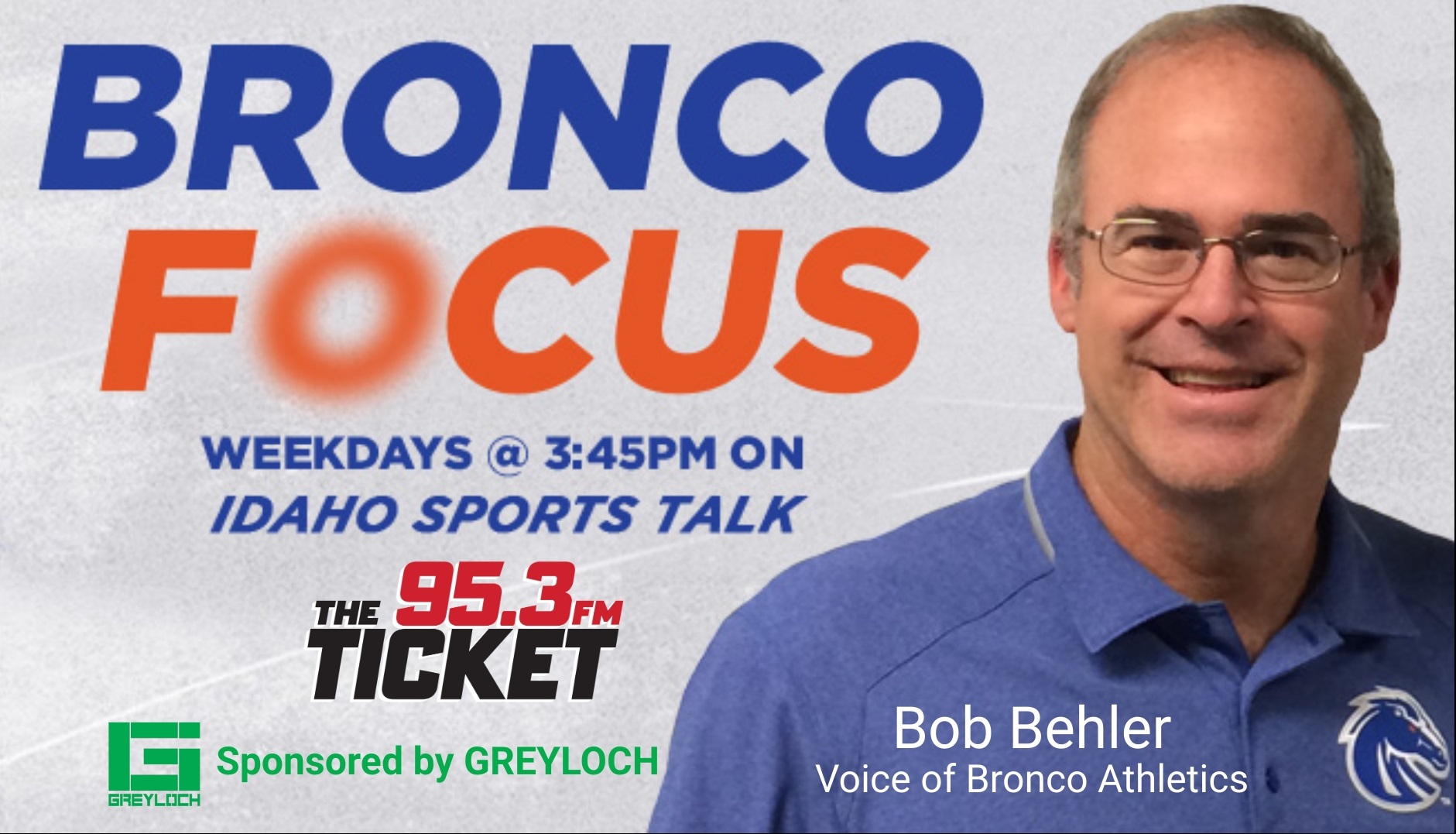Wrap your head around this for a second.
One man started in the National Hockey League right after the end of World War II, and ended his career right smack dab during the United States-Iran conflict occurred. Other than a few exceptions, no one plays in the NHL until they are 52 years old. You have to be pretty damn good at what you do in order to stay in a league where younger is better.
Gordie Howe was just that good.
Before he arrived in 1946, the NHL was a Canadian league for the most part. Although there were teams in Detroit, Boston, New York and Chicago, the league was dominated by the Montreal Canadiens and the Toronto Maple Leafs. Between 1917 and 1945, the cities of Montreal and Toronto had won twelve Stanley Cups between them (Montreal had 2 teams in the NHL at one time). If you were an American sports fan during the first few decades of the last century, hockey was certainly something you heard of, but didn’t really hear on the radio, or when the league debuted on television, you really didn’t notice it was on.
Gordie Howe changed that.
Gordie Howe could score tons of goals. He could pass the puck with such beautiful precision, he set up his line mates like Ted Lindsay and Sid Abel with incredible ease. In the beginning of the 1950’s, the Detroit Red Wings were one of the best teams in pro sports, winning Stanley Cups four straight seasons. He was also tough as nails, not afraid to mix it up with some of the blue liners who thought they would become famous by mucking it up with “Mr. Hockey.” You could say he was one of the best two-way players of his time, able to produce amazing amounts of offense while displaying ruthless aggression if his team was ever in danger. When say a Doug Harvey of the Montreal Canadiens, Pierre Pilote of the Chicago Blackhawks or Red Kelly of the Maple Leafs came calling, you knew Howe would walk the walk.
Howe was no one to mess with.
The NHL was broadcast on CBS in the States in the 1960’s, and two of the big stars of those early days were Bobby Hull and Gordie Howe. You can say, without these two guys, the league would have remained stale and would not have had any footprint in the U.S. whatsoever. Both had charisma. They had incredible scoring prowess.
And they were great overall players.
Howe retired briefly in 1971, after the Red Wings experienced a decline in their fortunes. However, his retirement was short-lived, as he signed with the Houston Aeros of the WHA in 1972. He played with his sons Mark and Marty Howe on the Aeros, and they helped Houston become a hockey hot bed in short order. From 1973 to 1976, Howe had 99 points or better, as the Aeros won the Avco Cup (the WHA’s version of the Stanley Cup) in 1974 and 1975. Despite being almost 50 at that time, Howe proved he could play at an elite level with men who were 15-20 years younger than him. Usually, football, baseball and basketball players would suffer injuries and would be forced to retire in their mid-30’s.
Not “Mr. Hockey.”
During the 1979-80 season, the NHL All-Star Game was held in Detroit at Joe Louis Arena. Wales Conference (now the Eastern Conference) head coach Scotty Bowman needed a player from the Hartford Whalers, and he knew it would be a tremendous idea to bring Howe back to his old stomping grounds.
“What I always remember about Gordie — besides the goals, because everyone knows that — is that he was such a playmaker,” Bowman told the Detroit Free Press yesterday.
“I never wavered from the fact that when I saw him play at his best, there (wasn’t) a player who could do everything like he could.”
If you are to have a Mt. Rushmore of NHL players, you would have to put Gordie Howe on that mountain. He meant too much to the sport, and was a major credit to the league when they were looking to make an impact all over North America. Gordie Howe wasn’t just an amazing hockey player.
He was an amazing man.








